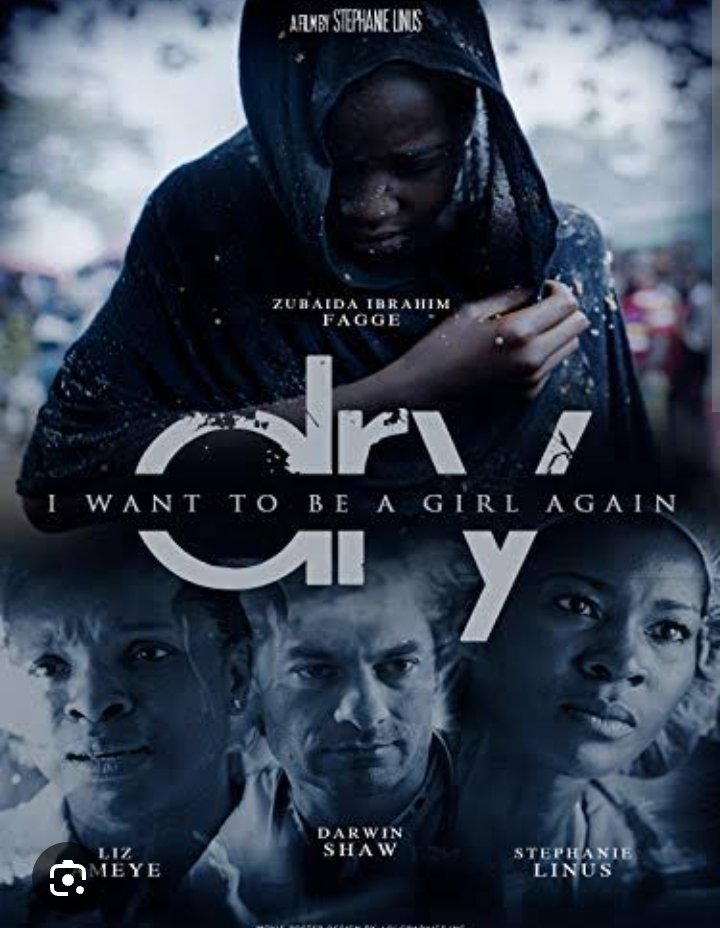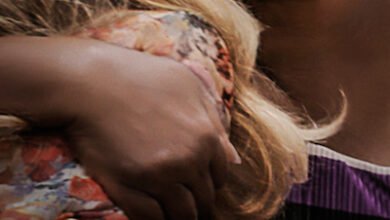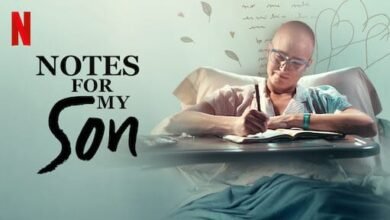Comprehensive Review of “Dry” (2014) from a Family Strengthening, Securing a Friendly and Protective Environment for Children®, and Rights-Based Parenting® Perspective

Introduction
“Dry” is a powerful and emotionally charged film released in 2014, directed by Stephanie Linus, a Nigerian filmmaker and actress. The film is inspired by true events and sheds light on the deeply rooted issues of child marriage, maternal health, and the devastating condition of vesicovaginal fistula (VVF) in Nigeria. “Dry” is a call to action for societal change, highlighting the urgent need for better healthcare, education, and protection for young girls in vulnerable situations.
Release Year: 2014
Director: Stephanie Linus
Country: Nigeria
Streaming Platforms: Available on Netflix, Amazon Prime Video, and other major streaming platforms.
Family Strengthening Perspective
From a family strengthening perspective, “Dry” underscores the importance of familial support and the role of parents in safeguarding the well-being of their children, particularly daughters. The film highlights how the lack of parental guidance and protection can lead to dire consequences, such as early marriage and inadequate healthcare. The movie calls for a re-evaluation of traditional practices that undermine the health and rights of children and emphasizes the importance of parents and families in advocating for and protecting the rights and health of their children.
Key Lessons:
- Families must be empowered to challenge harmful cultural practices that endanger their children.
- Education and open communication within families are critical in preventing issues like child marriage.
- Parents play a crucial role in advocating for their children’s health and well-being.
Securing a Friendly and Protective Environment for Children® Perspective
“Dry” vividly portrays the consequences of failing to secure a friendly and protective environment for children, especially girls. The film showcases the tragic outcomes of societal neglect, where young girls are married off at a tender age and left to suffer from conditions like VVF due to inadequate healthcare and social support. The movie advocates for the creation of environments where children are protected from harmful practices, and their rights to health, education, and a safe childhood are upheld.
Key Lessons:
- There is a need for stronger legal frameworks and societal commitment to protect children from exploitation and abuse.
- Communities should be sensitized about the dangers of child marriage and the importance of providing a safe environment for all children.
- Healthcare access must be improved to ensure that conditions like VVF are prevented and treated promptly.
Rights-Based Parenting® Perspective
“Dry” is a poignant reminder of the importance of rights-based parenting, where the rights of the child are paramount. The film illustrates the consequences of denying children their basic rights to health, education, and protection. It challenges parents and society at large to adopt a rights-based approach to parenting, ensuring that children are not subjected to harmful practices and that their voices are heard and respected.
Key Lessons:
- Parents must be educated and empowered to uphold the rights of their children, ensuring they grow up in a safe, healthy, and nurturing environment.
- Rights-based parenting requires rejecting cultural norms that harm children and advocating for their rights to be respected in all aspects of life.
- The film advocates for the need to involve children in decisions that affect their lives, ensuring they have a say in matters concerning their well-being.
Conclusion
“Dry” is a deeply impactful film that not only tells a compelling story but also serves as a critical educational tool. It brings to the forefront the urgent need for family strengthening, the creation of protective environments for children, and the adoption of rights-based parenting practices. The film challenges viewers to confront the harsh realities faced by many young girls in Nigeria and other parts of the world and to take action to ensure that children are protected, empowered, and given the opportunity to thrive. Through its powerful narrative, “Dry” calls for a collective effort to eradicate harmful practices, improve healthcare, and create a society where the rights and dignity of every child are respected and upheld.





